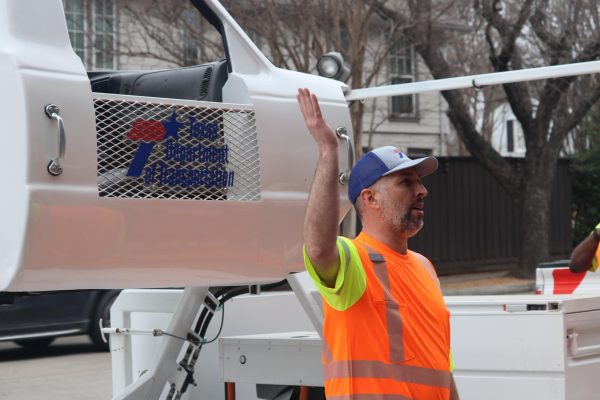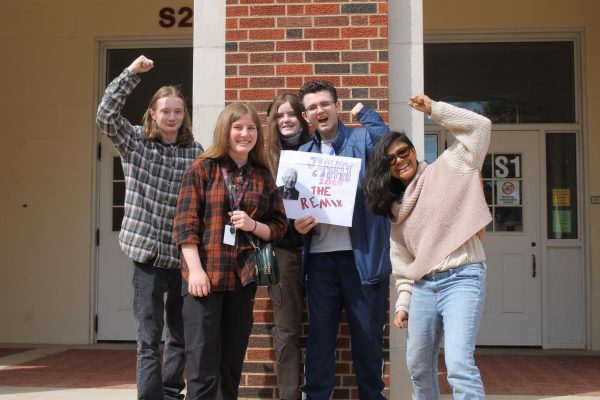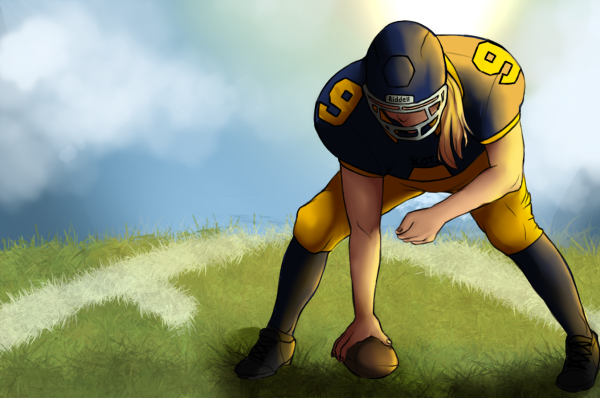Refusing to Rise
For 200 days, India Landry, a 17-year-old senior at Windfern High School in Houston, refused to stand during the Pledge of Allegiance. At Windfern High School, all students are required to stand during the Pledge, even if they don’t recite it along with the rest of their classmates.
On Oct. 2, instead of being in class when the Pledge was recited, Landry was in the principal’s office for texting. When the Pledge of Allegiance turned on, she refused to stand. The assistant principal told India that she was required to stand for the Pledge. When she didn’t, the lawsuit says that Principal Martha Strother sent her home for the day.
“Well, you’re kicked outta here,” Principal Strother said.
After the punishment, in which the suit doesn’t specify, the school officials told India to call her mom for a ride home, and that she would be escorted by police otherwise. She was given five minutes to exit the school.
“This violated her first amendment right,” said Randall Kallinen, Laundry’s civil rights attorney.
Landry said that this has never been a problem before; she has been through six teachers that allowed her to sit during the Pledge.
The suspension only lasted four days and Landry returned back to school on Friday, Oct. 6, and the suit claims that she was allowed to sit during the Pledge.
In 1943, The Supreme Court ruled that students can’t be forced to stand during the Pledge of Allegiance because it was against some people’s religions. But Landry’s reasons for not standing during the Pledge are not religious reasons.
“[I do not think] the flag is what it says it’s for, for liberty and justice and all that,” Landry said.
Landry was following the lead of former San Francisco 49ers quarterback Colin Kaepernick, who kneeled during the national anthem at football games to protest against the shooting of unarmed African Americans. Despite not being drafted into the NFL this year, Kaepernick’s protests have influenced many other players to kneel during the national anthem. More than 200 football players kneeled or linked arms during games on Oct. 8 and 9. This movement has expanded outside of the NFL, and now college and high school football players are kneeling during the national anthem as well.
As this controversy continued across the nation, Landry’s mother was just trying to get India back into school; India didn’t know whether she was going to graduate.
“India must stand for the Pledge to be let back in at Windfern,” Principal Strother said.
A little later after the meeting, Landry’s mother got a call from a local news station; the word got out, and a story about India’s protests were aired. The next day, the principal called India’s mother and said that she could sit during the Pledge, according to the lawsuit. India plans to still sit during the pledge. She returned to school on Oct. 6.
Landry’s mother, Izzy Landry, claimed that there was a racial dimension to the suit. “They just assumed it was about race. The assistant principal told her, ‘All the other African-Americans are standing, so you should stand too,’” said Izzy.













